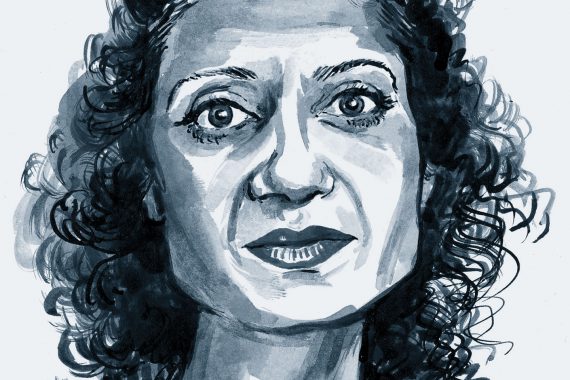Why can’t we incentivise common sense?

If you were to look up ‘common sense’ in a dictionary, you would find the following definition: ‘Sound practical judgment, independent of specialised knowledge, training or the like.’
I’ve long felt the basis of general practice is good communication skills and an abundance of common sense. The former is relatively straightforward to teach; the latter relies on a degree of self-awareness and open-mindedness that can take years of ‘life experience’ to attain.
Where are the incentives to stop practising too much medicine?
What’s puzzling is why this collective common sense is not allowed to govern how we practise. Instead of being treated as skilled professionals with decent remuneration within our global sum, we are subjected to a raft of incentives and enhanced services, from the pointless to the downright irresponsible.
We are incentivised to stick a dementia label on people and create anxiety for a condition with little effective treatment. We are incentivised to code people as having kidney disease or pre-diabetes, purely on the basis of lowered diagnostic thresholds. And if diabetes is diagnosed, we are incentivised to stick to tight blood sugar targets, irrespective of a patient’s frailty or functional status. Soon we’ll be incentivised to offer statins to people with no cardiac risk factors, because they hit a 10% CVD risk threshold. No matter that this will be everyone over the age of 60.
There are many guidelines and incentives telling us what to screen for, or which drug to start – but none telling us to stop. Where are the incentives to stop practising too much medicine? Where are incentives to use common sense? A good start would be to review all patients on more than 10 medications. Surely no one needs this many drugs to stay alive? These complex regimens become even more redundant when someone is nearing the end of life, yet are only stopped when a patient is on a syringe driver.
A sensible target would be to incentivise the identification of frailty in an effort to rescue these patients from being well and truly ‘QOF’d.’ We have been so desperate to avoid the ageist label that we treat everyone on the QOF register as equal, regardless of their functional status.
Last, we need some frank conversations about death. We need to remind the public gently that Peter Pan is fictional and no one lives forever; I am often amazed at the level of intervention requested by patients (or their relatives) at the end of their lives. Medicine has made important advances, but reversing the ageing process is yet to make anyone a billionaire.
I’m not alone in my quest to inject some common sense into our risk-averse society. At a recent trainers’ conference our guest speaker Dr Julian Treadwell, from the RCGP’s standing group on overdiagnosis, transfixed the room with the idea of another way to practise that would boost doctor and patient satisfaction, and ultimately ease our crippling workloads.
Perhaps this group can be the answer to the culture of too much medicine and even save general practice and the NHS. But this can only happen if those running NICE and the QOF get a dose of the same common sense. Sadly, this seems unlikely.
Dr Shaba Nabi is a GP trainer in Bristol









